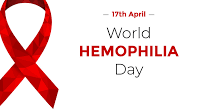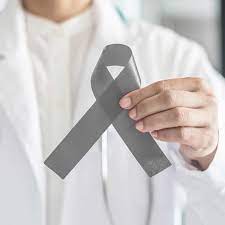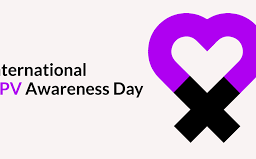
How to Support Hemophilia Awareness: Be a Part of the Change
On April 17th every year, World Hemophilia Day shines a light on a rare yet significant disorder affecting blood clotting. Hemophilia, characterized by impaired clotting ability, poses challenges for those living with it. Join us in understanding this condition better and advocating for improved treatment and care on this global awareness day.

World Hemophilia Day is celebrated annually on April 17th to raise awareness about hemophilia, a rare bleeding disorder that affects the blood’s ability to clot. The day also serves as a way to advocate for better treatment and care for those living with the condition. The first World Hemophilia Day was established in 1989 and has been observed by the global hemophilia community ever since.
World Hemophilia Day is an international awareness day that is observed annually on April 17th to raise awareness about hemophilia and other bleeding disorders. The day was first established in 1989 by the World Federation of Hemophilia (WFH) to commemorate the birthday of WFH founder Frank Schnabel.
Hemophilia is a genetic bleeding disorder in which the blood does not clot normally, leading to excessive bleeding and bruising. It is a rare disorder that primarily affects males, although females can also be carriers of the gene. Hemophilia is treatable, but there is no cure, and people with the disorder require lifelong treatment and management.
On World Hemophilia Day, people around the world come together to raise awareness about the challenges faced by those living with hemophilia and other bleeding disorders. This includes organizing educational events, fundraisers, and advocacy campaigns to support those affected by the condition.
The theme for World Hemophilia Day
“Access for All: Partnership. Policy. Progress. Engaging Government, Integrating Inherited Bleeding Disorders into National Policy” is a theme that highlights the importance of partnership between different stakeholders in the field of hemophilia and other bleeding disorders, including patients, healthcare providers, policymakers, and governments.
The theme emphasizes the need for governments to recognize inherited bleeding disorders as a public health priority and to develop policies and programs that ensure access to quality care and treatment for all those affected by the condition. This includes investing in the development of national bleeding disorder registries, increasing access to specialized treatment centers, and improving diagnostic and treatment options.
Partnership is critical to making progress towards the goal of ensuring access for all. This involves collaboration between patients, healthcare providers, policymakers, and governments to identify and address the challenges faced by those living with bleeding disorders. Partnerships can also help to increase awareness and understanding of the condition, promote research and innovation, and advocate for policies that support the needs of patients and families.
Overall, the theme of “Access for All: Partnership. Policy. Progress. Engaging Government, Integrating Inherited Bleeding Disorders into National Policy” highlights the importance of working together to improve the lives of those affected by hemophilia and other bleeding disorders, and to ensure that everyone has access to the care and support they need to live healthy, fulfilling lives.
Disclaimer: The information provided in this content is for general informational purposes only. It is not intended as medical or healthcare advice, diagnosis, or treatment. Always seek the advice of a qualified healthcare professional with any questions you may have regarding a medical condition or healthcare decisions.
















